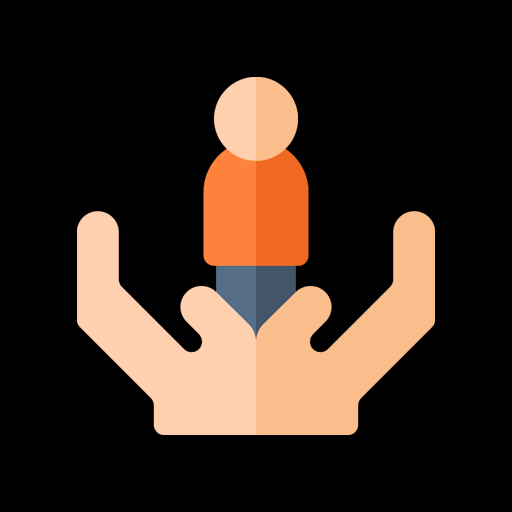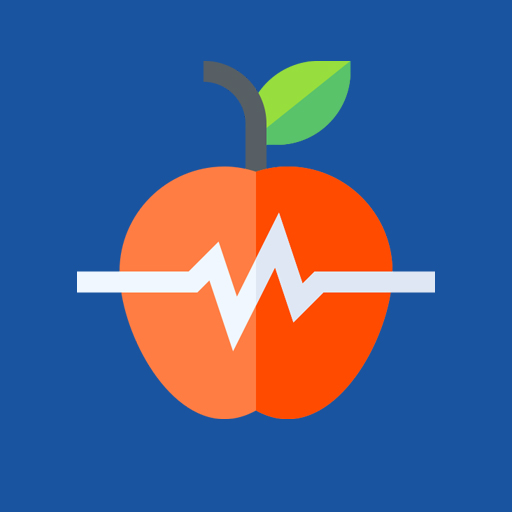These Are Our
Programs
01.
Food Security & Livelihood
In Somalia, an estimated 4.1 million people are currently in need of food assistance due to the compounding impacts of extended drought, flooding, desert locust infestations, the economic impacts of COVID-19 and conflict
: One million people have been displaced in search of food and water. The food crisis in Somalia is the result of rapid shifts from drought to flooding, as well as violence and conflict. Consecutive years of poor rains and harvests have decimated crops across Somalia, and its environ not forgetting the effects of climate changes that needs to be addressed positively to enhance at least stable food secured environment.

02.
Protection
More than 75% of Somalis population have been marred by lack of proper protection due to more than 2 decades of the civil unrest. The protection environment in Somalia is characterized by lack of basic services and access challenges to people in need. The legal and policy frameworks in place are stalled by weak judicial and law enforcement institutions. This is coupled with an overall lack of public awareness on basic rights, that is exacerbated by displacement and structural discrimination based on gender, ability, and clan affiliation,
Child exploitation, early marriages and forced labor are major problems facing children in Somalia and it needs proper measures and strict legal parameters are in dire need to be constituted by both the government and other stakeholders concerned

03.
Water & Sanitation
Clean water, basic toilets and good hygiene practices are critical for the survival and development of children. Only the urban centered population in Somalia have access to a basic water supply The development of new groundwater resources in Somalia is fraught with challenges, key among them being poor water quality. The majority of groundwater sources in the country has salinity levels above 2,000µS/cm, which is over the required standard for drinking water

04.
Healthcare
Healthcare provision in Somalia is a patchwork of solutions. While the situation has improved since the war, services are often expensive and expansive, unfortunately, not entirely trusted by the public. Less than 30% of Somalis have access to health services and only 11% of children receive basic vaccinations in Somalia, with a population of 15.4 million, is a low-income country. In terms of health, the main issues facing the population are communicable diseases and respiratory infections, and issues relating to maternal and child health-related morbidities and nutrition

05.
Nutrition
The nutrition situation in Somalia is deteriorating with a national median global acute malnutrition level of 17.4 % (emergency level is 15%) with 1.2 million children under the age of five with acute malnutrition., including over 231,829 who have, or will suffer, life-threatening severe acute malnutrition (SAM)

06.
Education
Somalia’s basic social services have been suppress due to civil wars and years of underinvestment.
More than three decades of conflict and civil wars have destroyed Somalia’s educational system. The education system is characterized by poor quality, insufficient number of qualified teachers and inadequate resources.
The educational deficit in Somalia is one of the most acute in the world.
Somalia hosts one of the world’s most significant out of school populations with around 3 million out of the 5 million children and youth of school age not in school.
Somalia’s pastoralist communities which is nearly 60% of Somalia’s population face further impediments to education as communities move with their children and livestock in search of water and pasture making schools in normal, static schools impossible.
In southwest state, the proportion of sites where the nearest education facility is more than 60 minutes walk is 25%. The type of learning facilities available at sites 100% Quranic, 75% primary and 25% secondary.
CADI assists Southwest State of Somali and local communities by proving education services that mitigate conflict and improve the capacity of governance in education institutions to deliver quality and equitable services in education.
CADi is investing in education and contributing to a more stable future by:
- Increase in enrollment and retention of school age children.
- Enhance capacity of government to develop and implement a non-formal education policy and strategy.
- Increase support for education among parents, elders and religious leaders.
- Strengthen capacity of community groups to support education programs.
- Improve numeracy and literacy outcomes.
- Improve professional development and performance of teachers.
- Take advantage of the large number of Quranic schools in the state to integrate the qur’anic with secular.

CLIMATE SMART ECONOMIC EMPOWERMENT / FSL
Understanding the root causes of poverty, hunger and environmental degradation, CADI in collaboration with partners to develop multi-faceted approaches to help communities adopt a climate smart way of life in an effort to reverse the adverse effects of climate change such as floods and droughts. Programs implemented by CADI are:
- Agricultural Support for farmers
CADI works with small holder farmers and provides them with: agricultural extension services, equipment, technologies and inputs they need to grow their crops, including seeds, fertilizer and tools. Farmers are also supported with technical assistance in farming practices that are sustainable and socially acceptable. SADO also works with farmers to improve their access to capital, increase market access, and help protect against environmental degradation. Ultimately, the organizations aim to increase food and nutritional security
- Livestock Support for pastoralists in remote and hostile areas
CADI actively works with nomadic communities, providing training on livestock management and herding skills. Community based livestock markets are established to link nomads with more stable markets; the organization also works with communities to enable them to access loans and develop the capacity to create micro-credit services. In addition, CADI provides veterinary care and animal health education through community animal health workers
- Food security and integrated management of natural resources (FMNR)
CADI works with farmers and herders in order to encourage them to manage their natural resources in a sustainable manner, which includes minimization and use of fertilizers, pesticides, and overgrazing. This is done through awareness raising, capacity building and community empowerment
- Women’s Economic Empowerment (WEEE)
CADI works with local women to improve their economic and social status as well as their access to education, healthcare, and micro-credit. This improves access to affordable and nutritious food through increased income.
- Technical Vocational Training for Youth
CADI collaborates with local NGOs to deliver vocational training in various trades, including for young boys and girls. CADI provides youth in kismayo town with the skills and knowledge necessary to obtain employment.
- Emergency Response
CADI has a broad range of programs to respond to situations where food insecurity is the primary cause of the crisis. Unconditional cash transfers and Cash for Work are the modalities used to address the immediate needs of people affected by crises, while simultaneously working to develop long-term solutions that will enable communities to emerge from crisis as self-reliant and stable.
